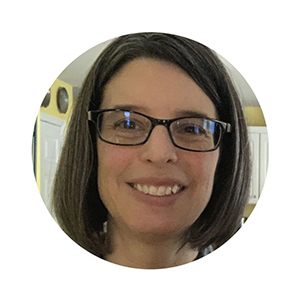|
|
 |
 |
|
|
Martin Kochanczyk, PhD |
|
Kristin Wilcox, PhD |
|
Navigating cancer treatment can be confusing enough. Most patients have never even heard of cachexia, and often it is swept away in the details of understanding the myriad other treatments and decisions patients are faced with. However, for many cancer patients, a deeper understanding of the effects of cachexia can truly make a difference in their quality of life. As my father navigated pancreatic cancer, my family struggled with all of these issues, and this is why it is so important to me to ensure that other patients and their families have the opportunity to learn about cachexia. Here, we hope to create resources that can help cancer patients with cachexia on their journey. |
My father was diagnosed with stage 4 lung cancer in 2018. My dad truly lived his life, not letting anything stand in the way of what he wanted to do, even cancer. He loved photography and ran back and forth in my backyard taking photos of my oldest son at his prom and high school graduation, making the kids laugh with a joke so they would have a big smile for the photo. My dad had a passion for music and would drive two hours each way to see my younger son in his marching band competitions. Cancer was not going to stop him, but cachexia did. My dad went from being active and vibrant to wheelchair bound. We did not receive much information about cachexia beyond the diagnosis, and it took a lot of research on our own to learn about this debilitating syndrome. My father suffered with severe cachexia for four months before his passing. Finding out a loved one is diagnosed with cancer is overwhelming, then you hear they are diagnosed with cachexia, something you have never heard of. Through patient and caregiver advocacy we hope to make a difficult journey a bit easier for patients and caregivers by providing easy access to information and a better understanding of cachexia. |

